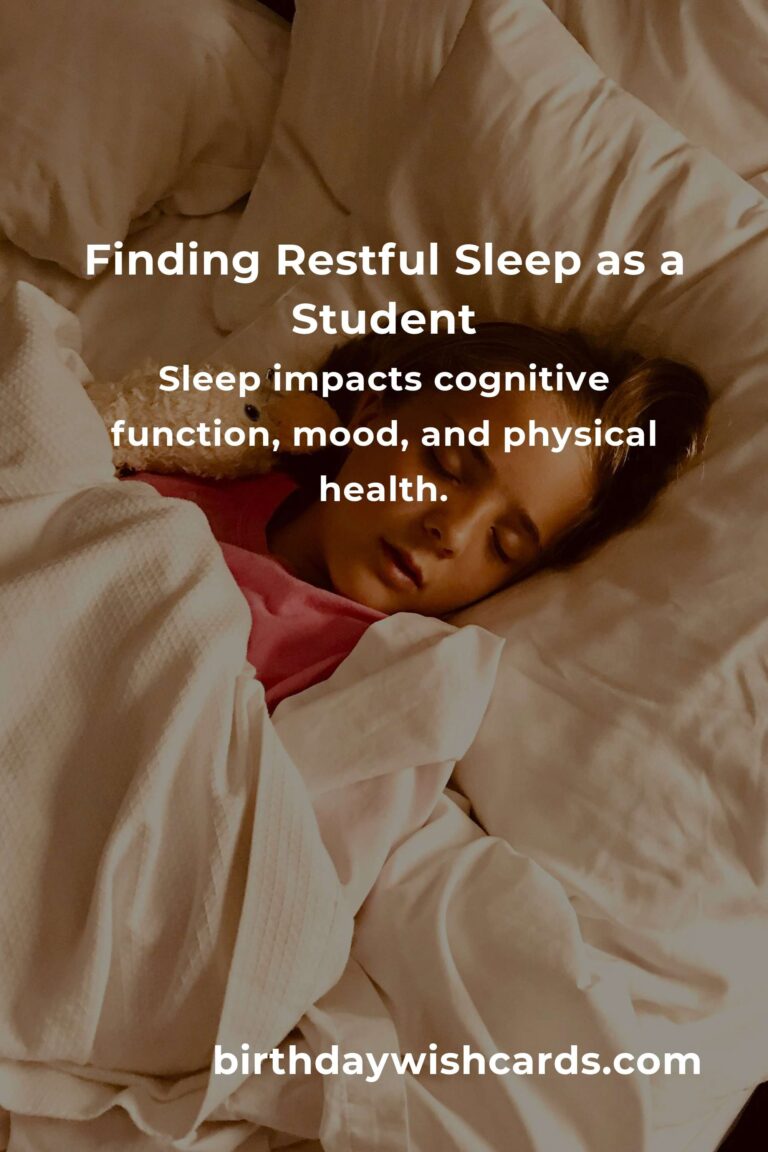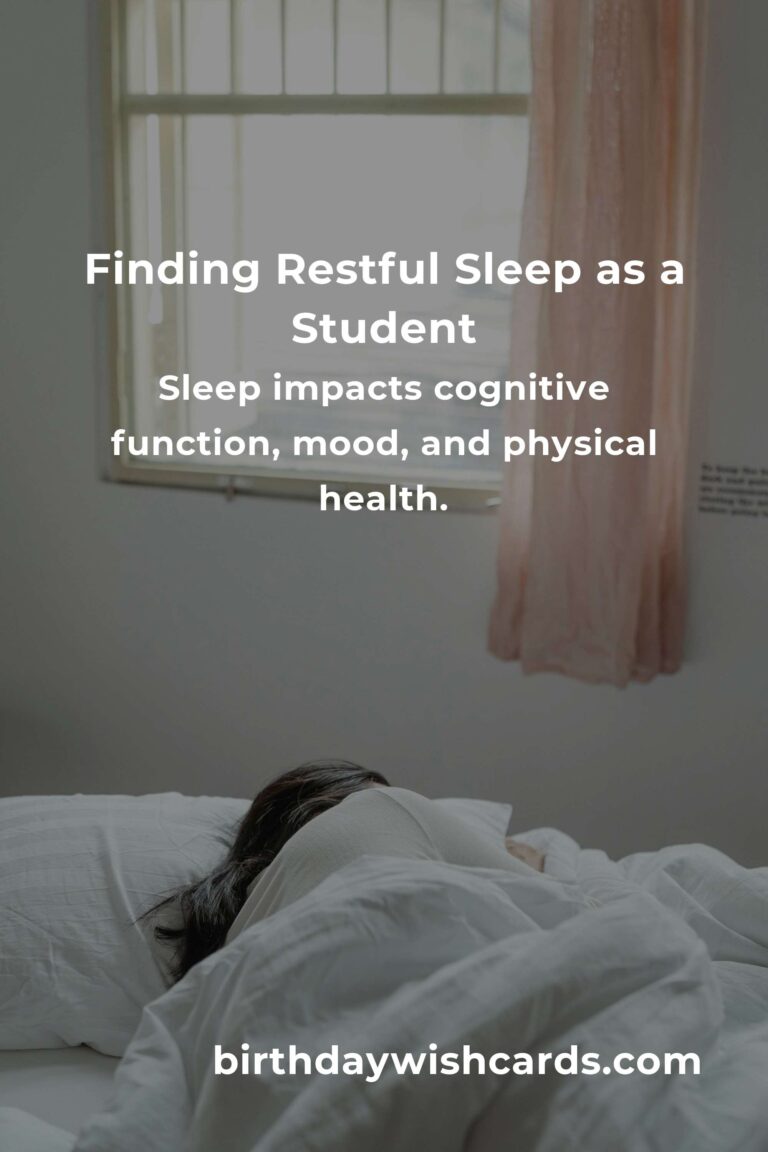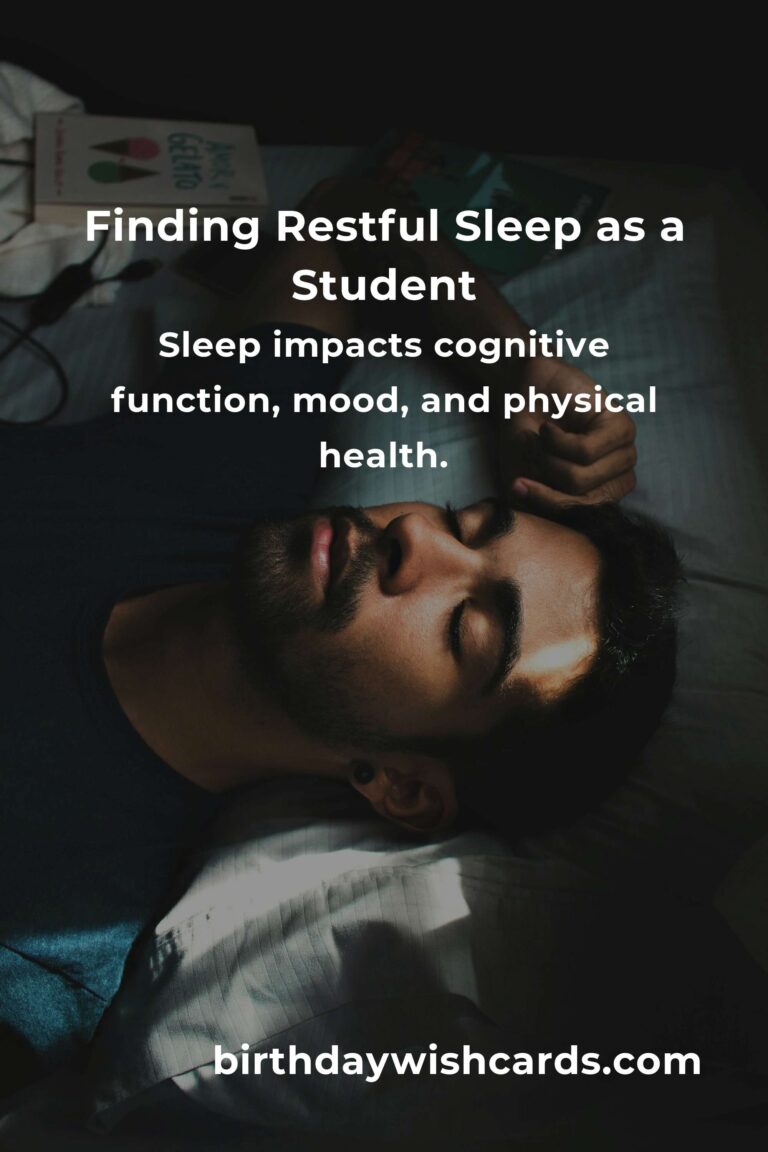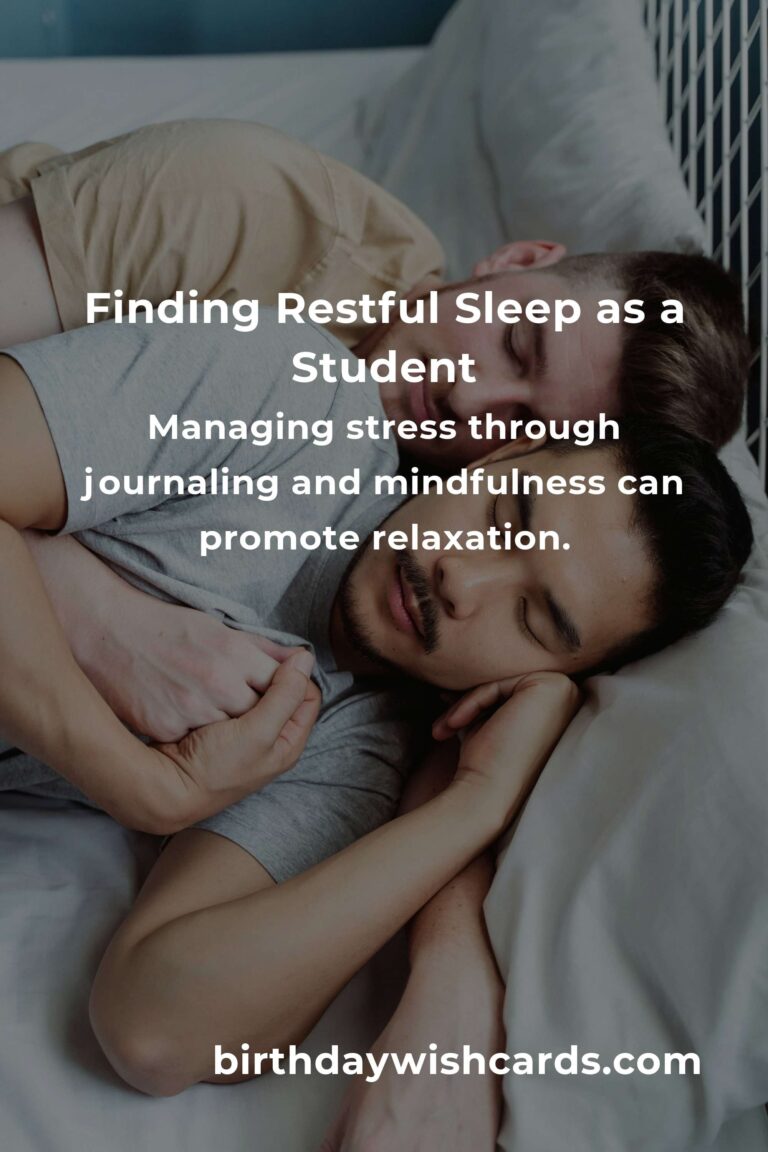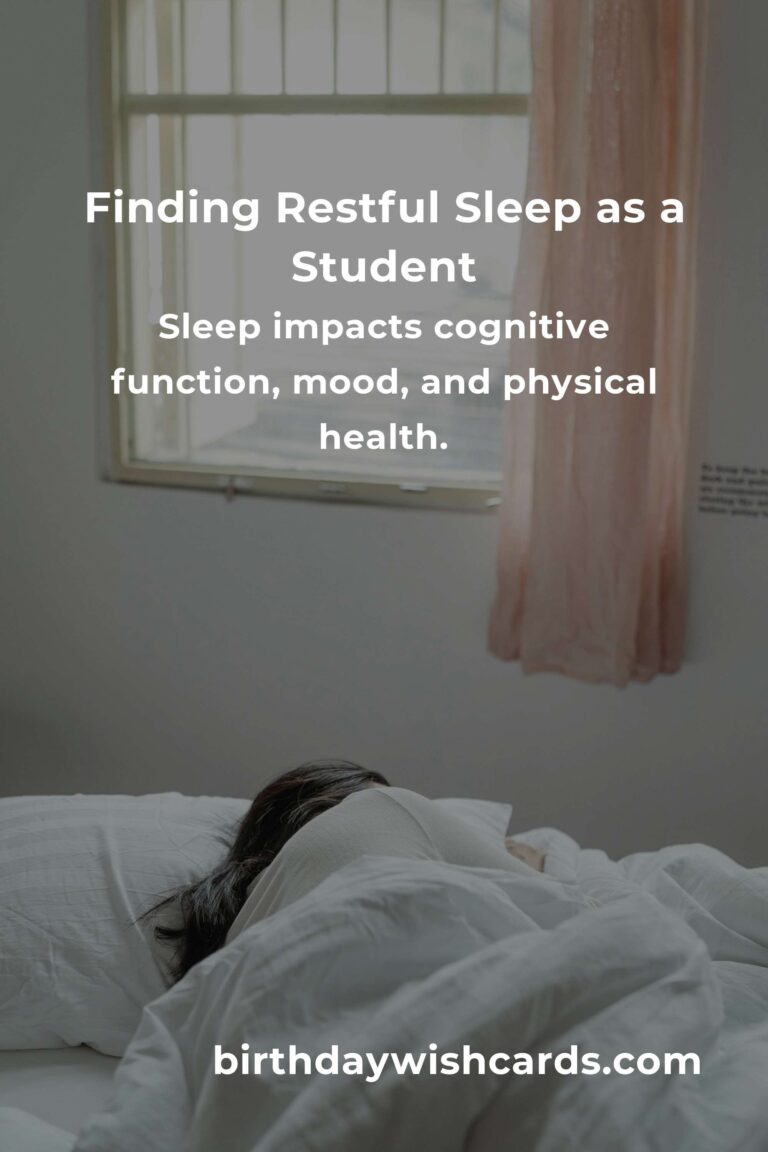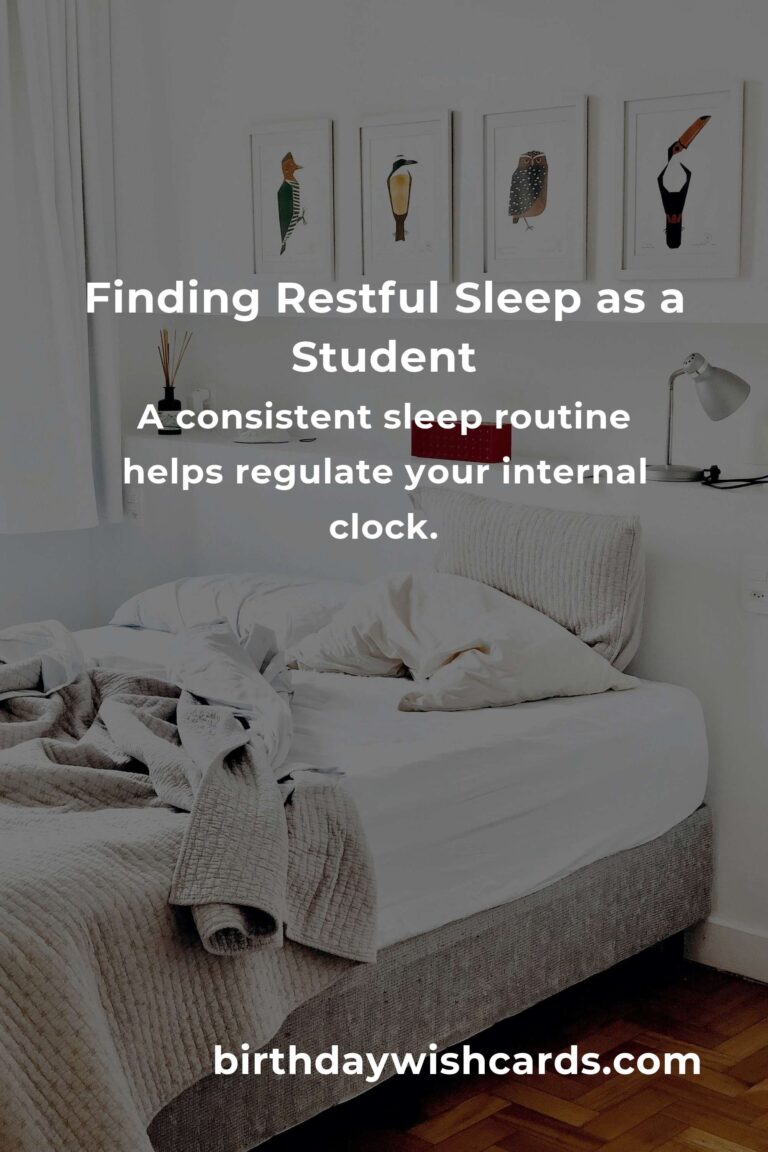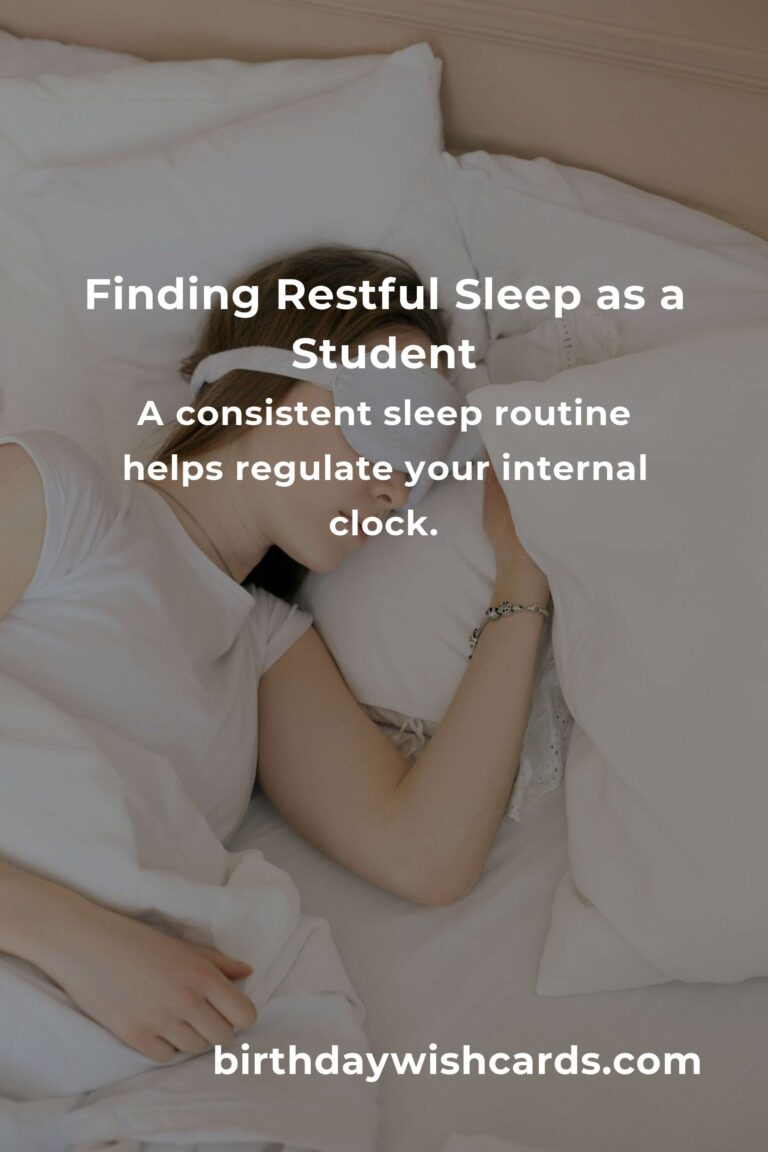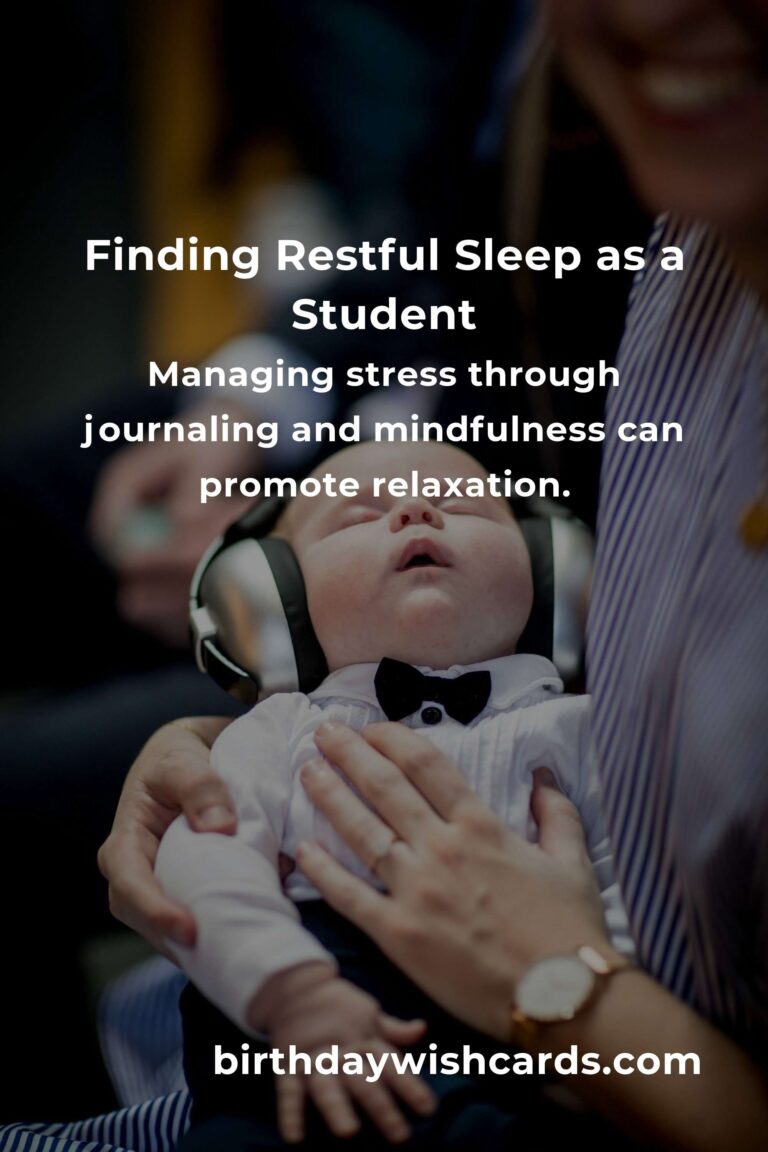
As a student, balancing the demands of academics, social life, and personal growth can be overwhelming. If you’re reading this, you’ve probably experienced the struggle of trying to catch those elusive Z’s amidst a sea of responsibilities. The good news is, you’re not alone, and there’s hope for better sleep.
Understanding the Importance of Sleep
Before diving into solutions, it’s crucial to grasp why sleep is so vital. Sleep isn’t just a break from reality; it’s a foundational pillar for health and well-being. It impacts cognitive function, mood, and even your physical health. Without proper rest, even the most talented minds can feel sluggish and unfocused.
Imagine your brain as a library. During the day, you’re busy collecting books (information). Sleep is when your brain gets to organize these books neatly on the shelves. Without it, everything becomes a jumbled mess, making it hard to find the information you need when you need it.
Creating a Sleep-Friendly Environment
Your bedroom should be a sanctuary for rest, not a multi-purpose room filled with distractions. Consider the following tips to create an environment conducive to sleep:
- Keep it cool and dark: A cool, dark room signals your body that it’s time to sleep. Consider blackout curtains and a fan or air conditioner.
- Limit noise: If you live in a noisy environment, earplugs or a white noise machine can help mask disruptive sounds.
- Comfort is key: Invest in a good mattress and pillows. Your physical comfort can significantly influence your sleep quality.
Establishing a Routine
Routines aren’t just for children; they help signal your body that it’s time to wind down. Try to go to bed and wake up at the same time every day, even on weekends. This consistency helps regulate your internal clock, making it easier to fall asleep and wake up naturally.
Consider incorporating calming activities into your nightly routine. Whether it’s a warm bath, reading a book, or practicing meditation, find what relaxes you and make it a habit.
Mindful Technology Use
In today’s digital age, screens are everywhere, and they can wreak havoc on your sleep. The blue light emitted by phones, tablets, and computers can interfere with your body’s production of melatonin, a hormone that regulates sleep.
Try to avoid screens at least an hour before bed. If you must use your device, consider using blue light filters or apps designed to reduce exposure. Remember, the world will still be there in the morning; prioritize your rest.
Managing Stress and Anxiety
Stress and anxiety are common sleep disruptors, especially for students juggling multiple responsibilities. It might feel like your mind is racing with thoughts of deadlines, exams, and social pressures.
Journaling can be a powerful tool to help manage stress. Spend a few minutes each night writing down your thoughts and worries. Sometimes, simply putting them on paper can make them feel more manageable.
Additionally, practicing mindfulness and deep breathing exercises can help calm your mind. Apps like Headspace or Calm offer guided meditations specifically designed to promote relaxation and sleep.
Fueling Your Body for Better Sleep
The food and drinks you consume can significantly affect your sleep. Avoid caffeine and large meals close to bedtime. Instead, opt for a light snack if you’re hungry, focusing on sleep-friendly options like almonds or a banana.
Stay hydrated, but be mindful of not drinking too much right before bed to reduce nighttime bathroom trips. A warm cup of herbal tea, like chamomile, can be soothing and signal to your body that it’s time to relax.
Embracing the Journey to Better Sleep
Improving your sleep quality is a journey, not an overnight transformation. Be patient with yourself as you implement these changes. It’s okay to have setbacks; what matters is your commitment to prioritizing rest.
Remember, you deserve to feel rested and rejuvenated. By taking small, intentional steps, you’re investing in your well-being and academic success. Sweet dreams!
Sleep impacts cognitive function, mood, and physical health.
A consistent sleep routine helps regulate your internal clock.
Mindful technology use can improve melatonin production and sleep quality.
Managing stress through journaling and mindfulness can promote relaxation.
Healthy eating habits contribute to better sleep.
#StudentLife #SleepBetter #StressRelief #MindfulLiving #AcademicSuccess


